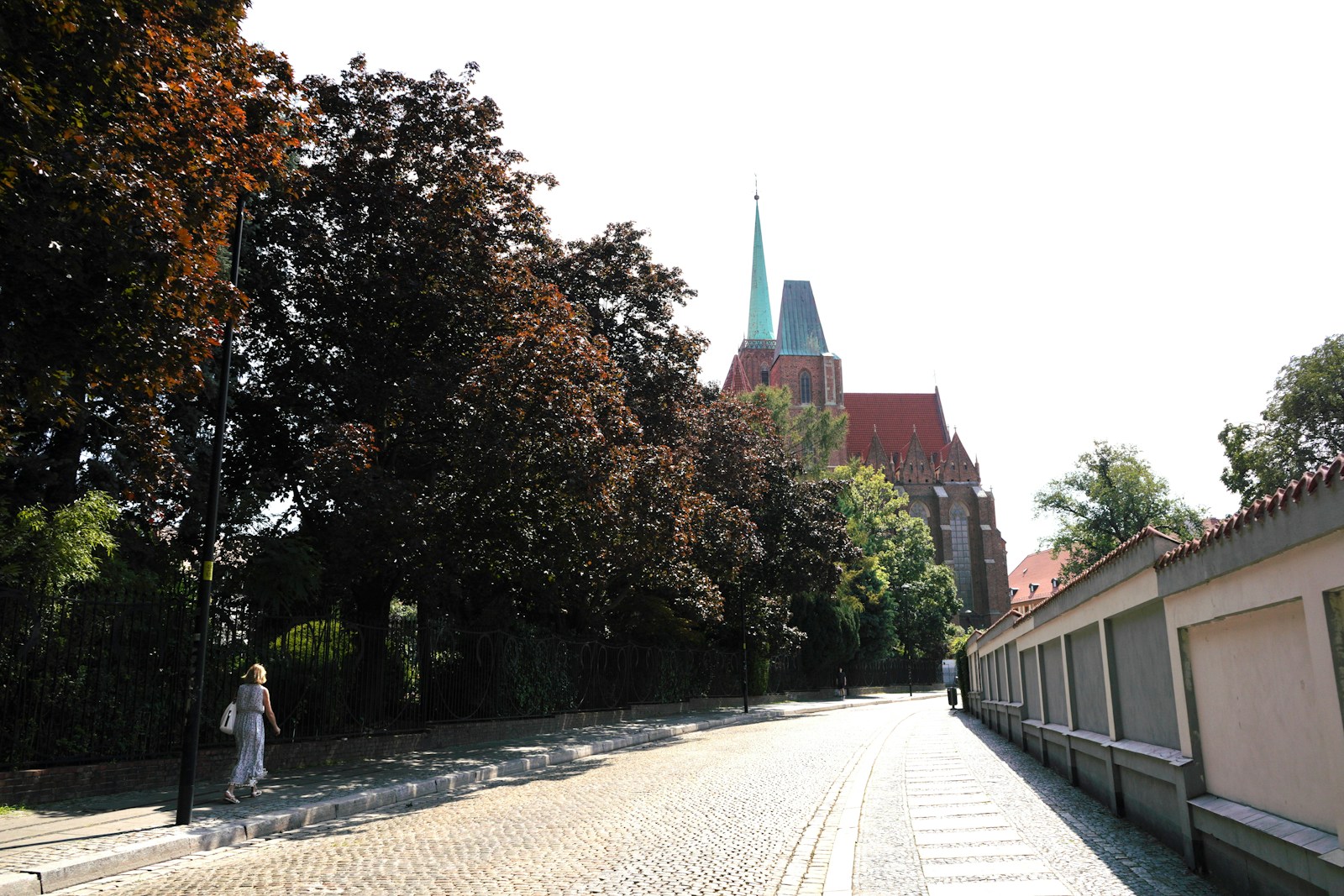
借
jiè

borrow
The Chinese word for 'borrow' is '借' (jiè). It is a verb that means to receive a thing from someone temporarily, intending to return it. In Mandarin Chinese, it can be used just like its English equivalent. For example, in the sentence '我可以借你的笔吗?' (Wǒ kěyǐ jiè nǐ de bǐ ma?), it means 'Can I borrow your pen?'
Example sentences using: 借
我可以借你的笔吗?
Wǒ kěyǐ jiè nǐ de bǐ ma?

Can I borrow your pen?
This sentence is a common way to ask in Chinese if you can borrow something, in this case, a pen.
他从图书馆借了一本书。
Tā cóng túshūguǎn jièle yì běn shū.

He borrowed a book from the library.
This sentence describes the action of borrowing a book from a place, the library.
他借我的电脑。
Tā jiè wǒ de diànnǎo.

He borrowed my computer.
In this sentence, the speaker is expressing that someone borrowed their computer.
今天我要借你的汽车。
Jīntiān wǒ yào jiè nǐ de qìchē.

Today I want to borrow your car.
In this sentence, the speaker is planning to borrow the listener's car today.
我可以借你的手机吗?
Wǒ kěyǐ jiè nǐ de shǒujī ma?

Can I borrow your cell phone?
This sentence is asking for permission to borrow the listener's cell phone.
他想借我20元。
Tā xiǎng jiè wǒ 20 yuán.

He wants to borrow 20 yuan from me.
In this sentence, the speaker is saying that someone wants to borrow money from him or her.
你可以借我你的自行车吗?
Nǐ kěyǐ jiè wǒ nǐ de zìxíngchē ma?

Can you lend me your bicycle?
This sentence is a polite request for borrowing a bicycle.
她从他那里借了一件衣服。
Tā cóng tā nàlǐ jièle yī jiàn yīfú.

She borrowed a piece of clothing from him.
This sentence depicts borrowing an item, specifically a piece of clothing, from another individual.
我从银行借了很多钱。
Wǒ cóng yínháng jièle hěnduō qián.

I borrowed a lot of money from the bank.
This sentence describes the action of the speaker borrowing a large sum of money from a bank.
他借了我的自行车去工作。
Tā jièle wǒ de zìxíngchē qù gōngzuò.

He borrowed my bicycle to go to work.
In this sentence, the speaker is saying that their bicycle was borrowed by someone else for the purpose of going to work.